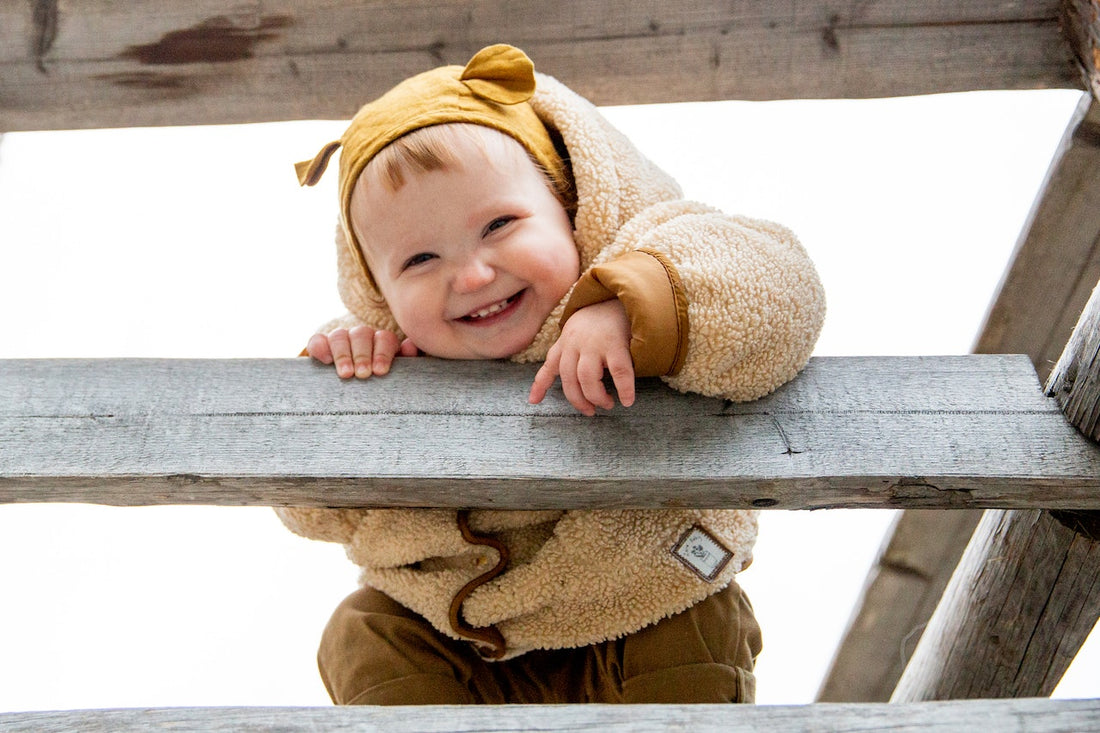The appearance of the infant's first primary teeth is a special occasion, marking an important developmental milestone.
Those beautiful pearly whites indicate that your youngster is developing and flourishing.
But when can you expect these baby teeth to appear, and what should you prepare as parents? Let's decipher the origins of those earliest teeth.
The Timing of Primary Teeth
The majority of newborns receive their initial set of primary teeth around the age of six months, although it can come as soon as three months or as late as a year.
The sequence of teeth development varies, but typically, the bottom front teeth (central incisors) are the first to erupt, followed by the top front teeth. Introduce the best teether toys to soothe discomfort during this crucial phase, ensuring a happy and healthy journey for your little one's growing smile.
Caring for Emerging Primary Teeth
Seeing your child's primary teeth appear is a beautiful moment in motherhood. While teeth eruption is primarily inherited, you may assist your child's dental journey for a lifetime of healthy smiles in several ways.
Begin dental care as soon as the first tooth develops. Gently wipe their gums with a gentle, wet cloth or a baby toothbrush.
This eliminates microorganisms and acquaints children with the concept of dental hygiene.
Nutrition is essential for tooth growth. Make sure your child eats a well-balanced diet high in calcium, phosphorus, and vitamin D, all of which are necessary for healthy teeth.
Sugary foods and beverages should be avoided to protect their developing teeth from cavities.
Teach your youngster how to brush and floss gently as more primary teeth appear. Supervise until they can do it properly on their own, which is generally around the age of 6 or 7.
Thumb-sucking and pacifier usage should be avoided after age three, as these practices might affect tooth alignment and eruption.
Children frequently imitate what they observe. Brush and floss as a family to encourage proper oral hygiene.
Encourage safety during play to avoid accidents that could harm their teeth.
The Journey Ahead
Those primary teeth serve as placeholders for the adult teeth that will emerge later.
Taking proper care of them now will lay the groundwork for a lifetime of healthy smiles.
Your role as a parent in teaching good dental care becomes crucial as baby primary teeth make way for permanent ones. Introduce essential practices and tools like baby teether tubes, ensuring a healthy transition. Embracing good dental habits early sets the foundation for a lifetime of smiles.
So treasure each toothy grin along the way—it's a sign of your child's development as well as a great adventure in motherhood.
Conclusion
Schedule their first dental appointment for primary teeth around their first birthday or the appearance of their first tooth.
Regular check-ups enable the dentist to monitor their dental growth and give oral care advice.
Taking care of your child's oral health from the start ensures a lifetime of healthy smiles.
It's an investment in their future well-being that will pay dividends as they mature. So, embrace the dentistry adventure with love, patience, and plenty of smiles.
So, if your child's teeth are taking their time, keep in mind that it's all part of their own dental journey.
Embrace the adventure, photograph those toothy grins, and appreciate every stage of your child's development.

